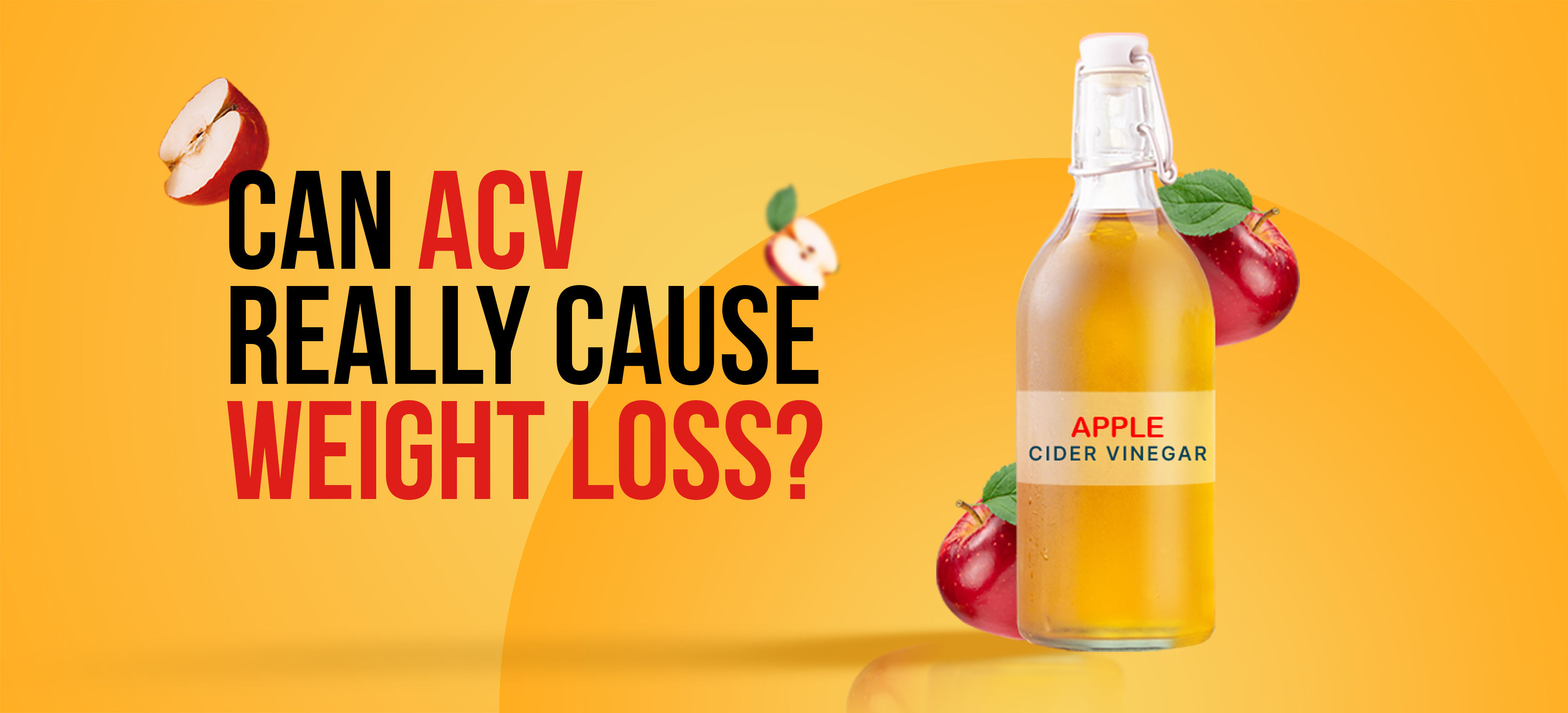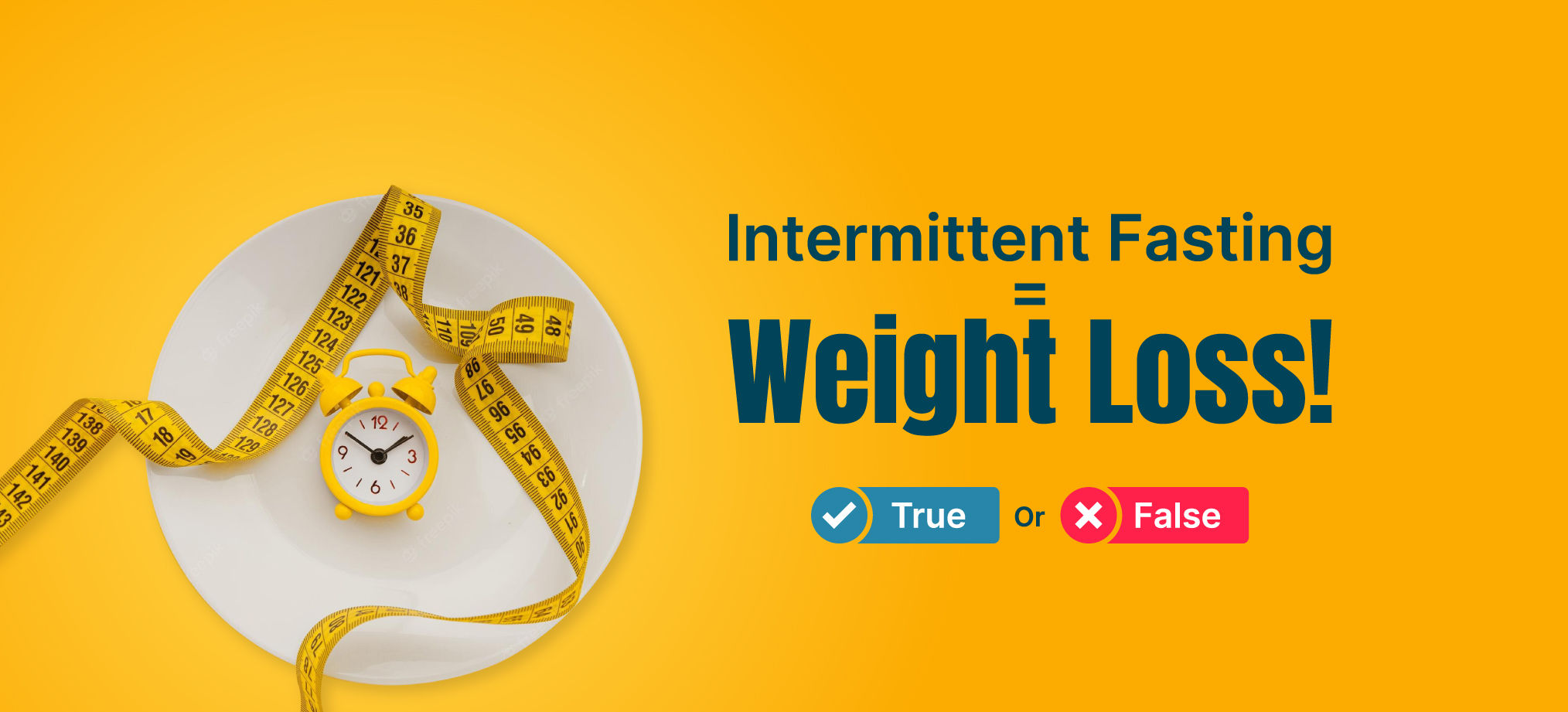Weight Management
How To Choose The Right Diet For Weight Loss?
4 min read
By Apollo 24|7, Published on - 19 April 2023, Updated on - 19 June 2023
Share this article
0
1 like

Losing weight can prove to be quite a challenging task for many people. There is no shortage of weight loss programmes, diets, and tips to be found in an array of magazines, websites, and books. However, it can be confusing to decide which is the best way forward for you. When it comes to weight loss, there is nothing more important than taking a healthy and well-balanced diet, which can not only help you shed unwanted kilos but also boost your overall health and well-being. So, here is all you need to know about how the right diet can help you during your weight loss journey.
What Should Your Weight Loss Diet Involve?
Here are some of the things that should definitely be a part of any weight loss diet to get positive results:
1. Limit the Intake of Refined Carbs
One of the quickest ways of losing weight is to cut back on sugar and starches. This can be done by adopting a low-carb diet or replacing refined carbs with whole grains. Doing this curbs your hunger, leading you to consume fewer calories. A low-carb diet helps the body burn stored fat for energy, resulting in weight loss. Complex carbs like whole grains are rich in fibre, which slows down digestion and makes the food more filling.
2. Add Protein-rich Foods to the Diet
Eating enough proteins can help preserve your muscle mass during the weight loss journey. Studies show that protein has a positive impact on cardiometabolic risk factors, body weight, and appetite. Diets with enough protein can help make you feel full and satisfied, reducing cravings and snacking. You can enrich your diet with healthy protein sources like chicken, lamb, pork, salmon, sardines, trout, eggs, shrimp, beans, tofu, tempeh, quinoa, and legumes.
3. Eat More Vegetables
Leafy green vegetables serve as another great addition to a weight loss diet. These vegetables are loaded with nutrients and very low in carbs and calories. While all vegetables are rich in nutrients, some veggies like sweet potatoes, potatoes, corn, and winter squash, are higher in complex carbs. Though there is no harm in eating these vegetables, it's advisable to practise portion control. Vegetables that must be included in a weight loss diet are broccoli, spinach, cauliflower, kale, tomatoes, cabbage, brussels sprouts, lettuce, Swiss chard, peppers and cucumber.
4. Don’t Hesitate in Eating Healthy Fats
Choose foods rich in avocado oil, olive oil, sunflower oil and canola oil as they are considered healthy fats. Other foods rich in healthy fats include seeds (sunflower, pumpkin, chia, & flaxseeds), nuts (almonds and walnuts), and fatty fish. However, it’s advisable to be mindful of the serving size.
Things to Consider Before Opting for a Diet
To help you choose the right diet, here are some things you should definitely consider before settling.
1. Sustainability Potential
Before you pick a diet, make sure it is sustainable for you. This means carefully considering whether or not you can stick to it seven days a week. Because if not, there is no point in even starting. After all, weight loss is all about persistence.
2. Restrictiveness
Make sure the diet you choose isn't too restrictive. Feeling deprived can make it difficult to stick with a diet because eventually the cravings will take over and may result in overindulgence or even binges.
3. Ease of Execution
It’s highly advisable to choose a diet that does not interfere with your lifestyle and leaves you with the energy to perform your daily tasks. If you have to put your life on hold to keep up with it, it’s not the right diet for you.
4. Nourishment
The most important thing to consider is whether or not you will receive adequate nourishment. Sometimes, diets can get in the way of your nutritional intake, which can adversely affect your overall health.
It's always a good idea to consult with a doctor before adopting a new diet. Your doctor can help you figure out which diet will suit you best as per your individual health requirements.
Consult Apollo's Expert Dieticians
Medically reviewed by Dr Sonia Bhatt.
Weight Management
Leave Comment
Recommended for you

Weight Management
Have You Tried Apple Cider Vinegar For Weight Loss?
Apple cider vinegar offers multiple health benefits, including weight loss. Researchers attribute the weight loss benefits to acetic acid, the main active compound in ACV.

Weight Management
Does Intermittent Fasting Help with Weight Loss?
Studies show that intermittent fasting reduces the intake of total calories by about 10 to 30%, leading to weight loss.

Weight Management
International Day Of Yoga: Five Proven Yoga Poses To Help You Lose Weight Effectively!
Contrary to popular beliefs yoga can result in significant weight loss. Read to know the asanas that may help.
Subscribe
Sign up for our free Health Library Daily Newsletter
Get doctor-approved health tips, news, and more.
Recommended for you

Weight Management
Have You Tried Apple Cider Vinegar For Weight Loss?
Apple cider vinegar offers multiple health benefits, including weight loss. Researchers attribute the weight loss benefits to acetic acid, the main active compound in ACV.

Weight Management
Does Intermittent Fasting Help with Weight Loss?
Studies show that intermittent fasting reduces the intake of total calories by about 10 to 30%, leading to weight loss.

Weight Management
International Day Of Yoga: Five Proven Yoga Poses To Help You Lose Weight Effectively!
Contrary to popular beliefs yoga can result in significant weight loss. Read to know the asanas that may help.
